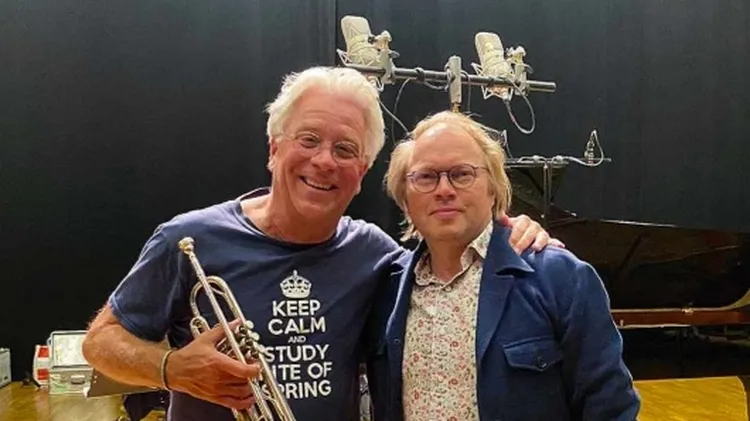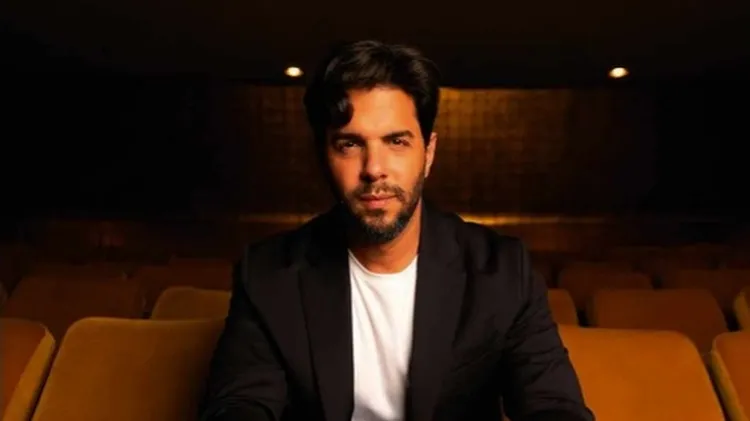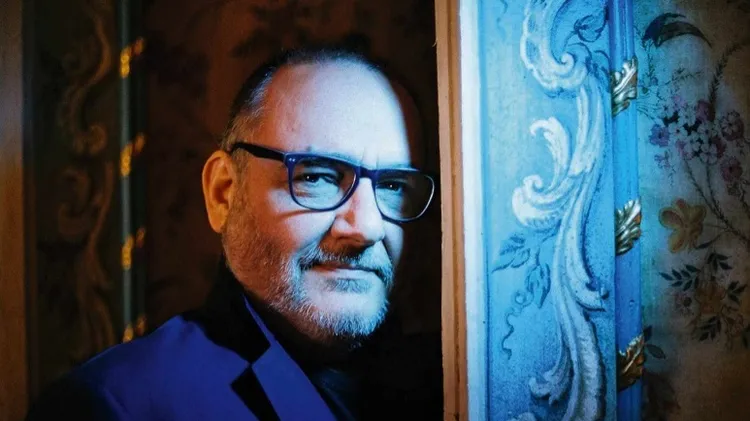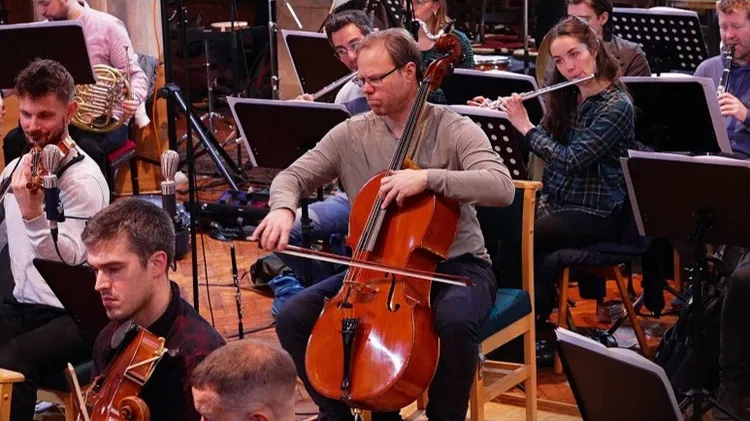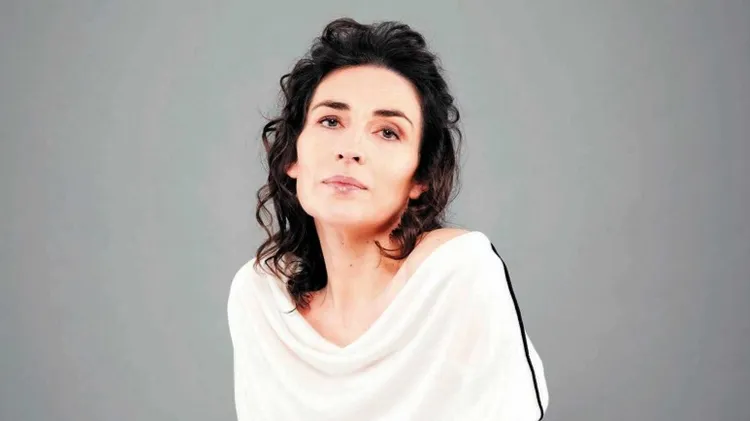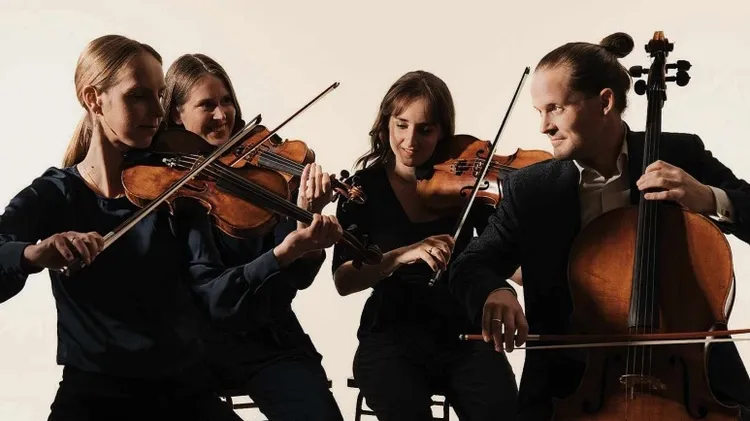‘while the world outside was dark, the place i could create through my guitar was as beautiful as i wanted it to be
6 min read
This article is from...
Read this article and 8000+ more magazines and newspapers on Readly

